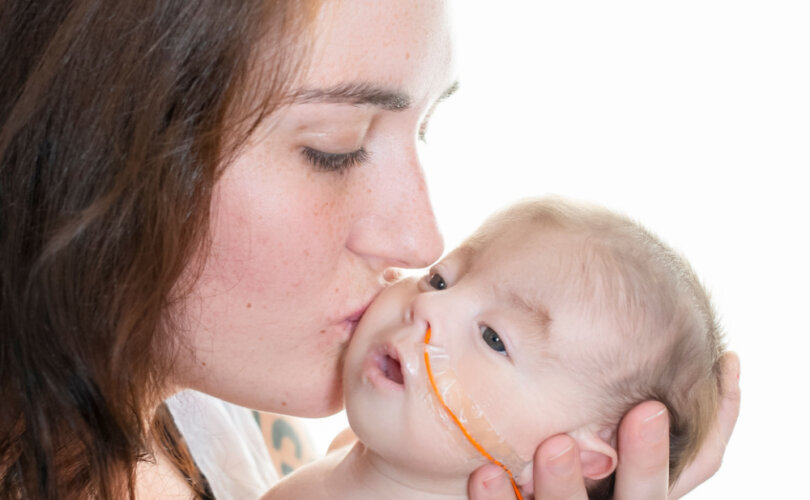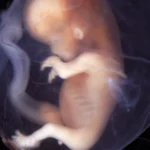Blog Post
Horrific coverage in Florida shows mainstream media will do whatever it takes to defend abortion
By Jonathon Van Maren
Over the past two years in the leadup to Roe’s fall, the mainstream media has gone into overdrive to terrify the public with the horrors of what might unfold should abortion be banned anywhere in the United States. Lies about pre-Roe America were again trotted out to assure everyone that post-Roe America would look much the same. As we saw in the abortion referendums in Michigan and elsewhere during the 2022 midterms, the public was hammered with dire stories about women dying in back alleys and being denied necessary, life-saving treatment. The press is using the same playbook they used in Ireland, where the death of Savita Halappanavar was used to legalize abortion in Ireland despite having nothing to do with abortion.
But far more grotesque is the flood of stories featuring what I refer to as “compassionate eugenics”: heartbreaking stories of parents who, after their pre-born child was diagnosed with a disability or life-limiting condition, decide to have an abortion. In almost every story, the writer makes clear that the child was wanted; in every story, the abortion is portrayed as an act of love — a heartbreaking decision made not to avoid facing a child with a disability or a short life, but for the child’s own good. The underlying eugenic premise — that the baby is better dead than disabled — is never addressed.
These stories are heartbreaking but also sinister. Their purpose is to persuade readers that later-term abortion should be available in case a child is diagnosed with an anomaly, or a disability, or a deformity. The logic is simple and brutal: If we ban abortion at any stage, mothers will not be able to have these children killed. The pregnancy may be wanted, but these specific children are not, which is why their parents choose abortion over letting their children live out their short lives surrounded by the love of their families. Abortion is not the only choice, and it is grotesque that it is presented as such.
READ THE REST OF THIS COLUMN HERE








